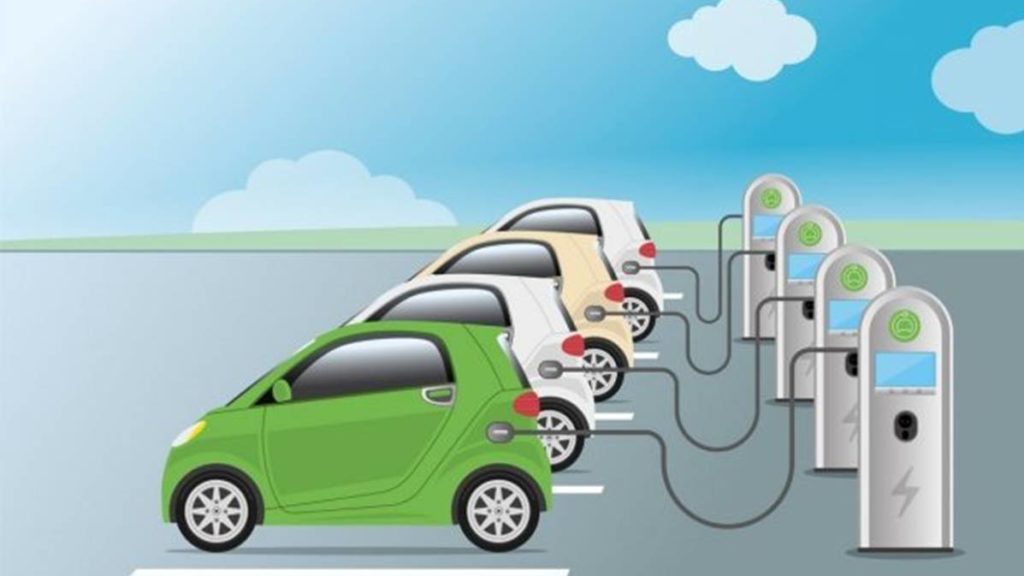At the COP26 last year, many countries, including India, pledged to contribute towards net-zero emissions.Along with other measures needed to reach net-zero, electric vehicles have been witnessing a full throttle push and widespread adoption for their near-zero emission capabilities.
In the context of EVs, carbon credits are generated by replacing fossil fuel-based vehicles with electrified vehicles that have significantly lower emission levels and source electricity from renewable energy projects or less carbon-intensive fuels.
Like in any carbon offset project, emission reduction in case of EVs is also calculated using the basic framework of tracking baseline, project and leakage emissions.
This concept is relatively new and there is lack of clarity on the process and pricing; charging station owners should consult climate experts who can help them register and validate their charging stations for credit generation and monetisation.
While this will directly reduce the impact of the usage of fossil fuels on the environment, it will offer indirect opportunities for increased climate action by attracting investment and scalability in the EV industry.
Placing India on the global climate map with EV creditsWhile EV emissions are significantly lower than that of traditional vehicles, these are comparatively higher in India as charging systems use grid electricity.
India’s per-capita transport emission inventory is one of the lowest in G20 countries, but per-capita emissions growth is the highest due to rapid urbanisation and enhanced affordability towards personal mobility, fuelled by lack of efficient and convenient public/mass transportation.
